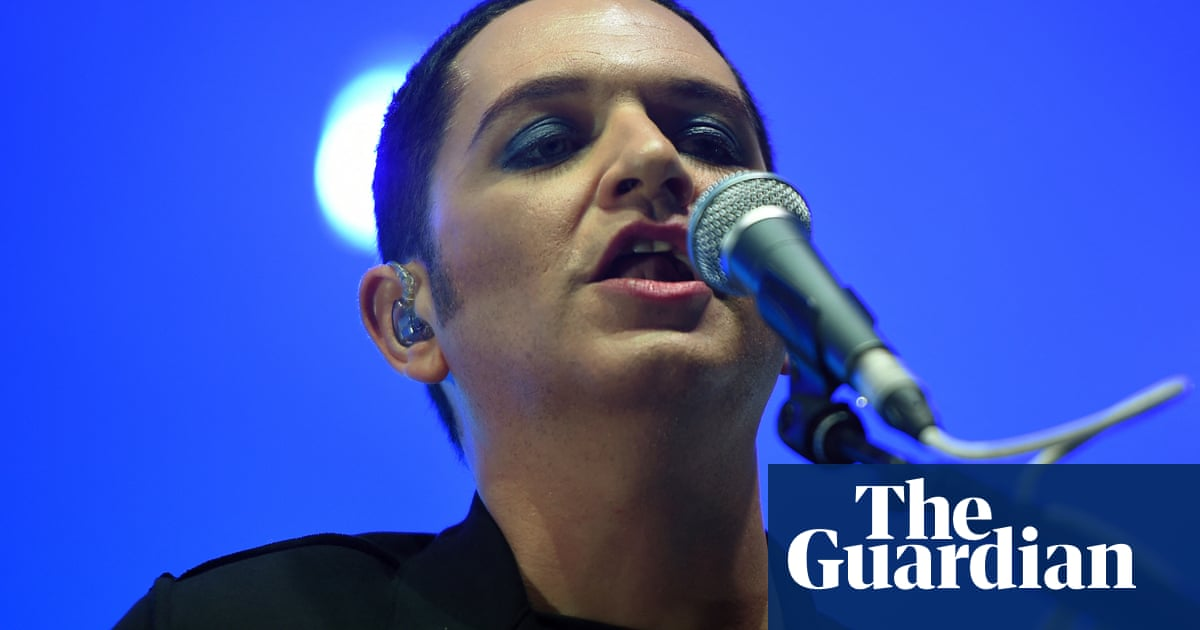Meloni heads Italy’s most rightwing government since the second world war. Italy’s criminal code punishes with a fine ranging from €1,000 to €5,000 anyone who “publicly defames the republic”, which includes the government, parliament, the courts and the army.



The USSR would also persecute people for criticizing the Soviet state or its leaders, but they weren’t fascist. Authoritarianism is something people on the left and right both get up to.
I mean we are kind of splitting hairs a bit then. The worst thing about fascism is mostly the autocracy and the “ends justify lots of murder” attitude. When people talk about the evils of fascism that’s what they’re talking about.
Likewise, when people criticize Stalinism, they aren’t talking about the high minded ideals or even the questionable fashion choices. They are talking about the autocracy, and the “ends justify lots of murder” attitude.
If left-wing authoritarianism isn’t an oxymoron, then what the heck does left-wing mean?
I agree that authoritarianism does not equal fascism, but the only meaningful definition of left-right politics (in my opinion) is a measure of belief in and adherence to social hierarchies. And the USSR was definitely heavily into hierarchy.
Why would it be an oxymoron? There is nothing on the political chart or inherent to it to forbid the left wing to be authoritarian.
This is my thinking, let me know if you see any issues with my interpretation:
First line of Wikipedia Left-wing politics: Left-wing politics describes the range of political ideologies that support and seek to achieve social equality and egalitarianism, often in opposition to social hierarchy as a whole.
First list of Wikiepdia Authoritarianism: Authoritarianism is a political system characterized by the rejection of political plurality, the use of strong central power to preserve the political status quo, and reductions in the rule of law, separation of powers, and democratic voting.
By these definitions, Left-wing politics should want to evenly distribute power democratically, whereas authoritarianism wants to centralise power in a single entity such as a the military or a dictator.
The perpetual dictatorship of the proletariat in Marxist-Leninism is functionally indifferent from the dictatorship of the bourgeoisie. The authoritarian leadership just becomes the new bourgeoisie.
All good with the definitions, please share them as much as you want.
My claim is extremely simple, nothing is gonna stop you as a left wing representative to reach those objectives through authoritarian means.
I don’t see how is that hard to understand unless you claim some kind of special position for either side.
In which case, this is not a conversation I’m interested in.
Yeah, that’s where the left-right concept kinda breaks down.
It feels wrong to say the USSR wasn’t left when you consider the many left policies they had and of course their origin.
I also agree with your idea of what left-wing should mean. I guess there’s no way to avoid complexity with topics like this.
deleted by creator
Oh, Mellonhead is definitely a fascist, I’m just pointing out that you get the same kinda of oppression at the other end of the lef-right spectrum, too.
There’s plenty of oppression and violence smack dab in the center of the left right spectrum too. I’m not sure why horseshoe theory is so keen to equate Stalin, Mao, etc. with the violence of Hitler, Pinochet, etc. while ignoring the genocides of the Dutch East India Co. (and competitors), imperialism, the slave trade, settler colonialism, etc.
Absolutely! This is why, even though the political compass is a memey oversimplification at this point, it does get a the inadequacy of a single dimension view of political ideology. The authoritarian mindset is a human trait, and while some ideologies seem more prone to attracting people with that particular trait, by no means does it only occur in those cases.
Some people just want to rule over others.
I’d argue the USSR was fascist the same way the DPRK is fascist. You aren’t necessarily left-wing just because you say you are.
deleted by creator
I can see the parallels but this really conflicts with the historical definition of fascist. Then again, practically everyone is a fascist these days at least according to someone, so maybe the historical definition doesn’t matter anymore. Guess that’s the downside of it being the universally despised bogeyman term in politics.
Thought it might be helpful to compare the USSR to Wikipedia’s definitions of fascism and communism. These definitions can be wrong or could be different than what they were at the height of the USSR, but perhaps it’ll help with finding common definitions. I’ll admit that my knowledge of USSR culture/governance is limited, so feel free to critique/refute any of my interpretations.
Fascism:
Checklist (hidden for brevity)
It hits 4/7 pretty firmly and the remaining 3 are plausible.
Communism:
Checklist (hidden for brevity)
Hits 2/8 at best, but I would be surprised to learn there wasn’t money in the USSR.
Yes, but that is a different conversation. Now we are talking about Meloni and her ties to the far right 🙂
Stalin was absolutely a fascist.
He really wasn’t, though.
All fascists are authoritarians, not all authoritarians are fascist.
deleted by creator
Read about Red Fascism in history…
deleted by creator